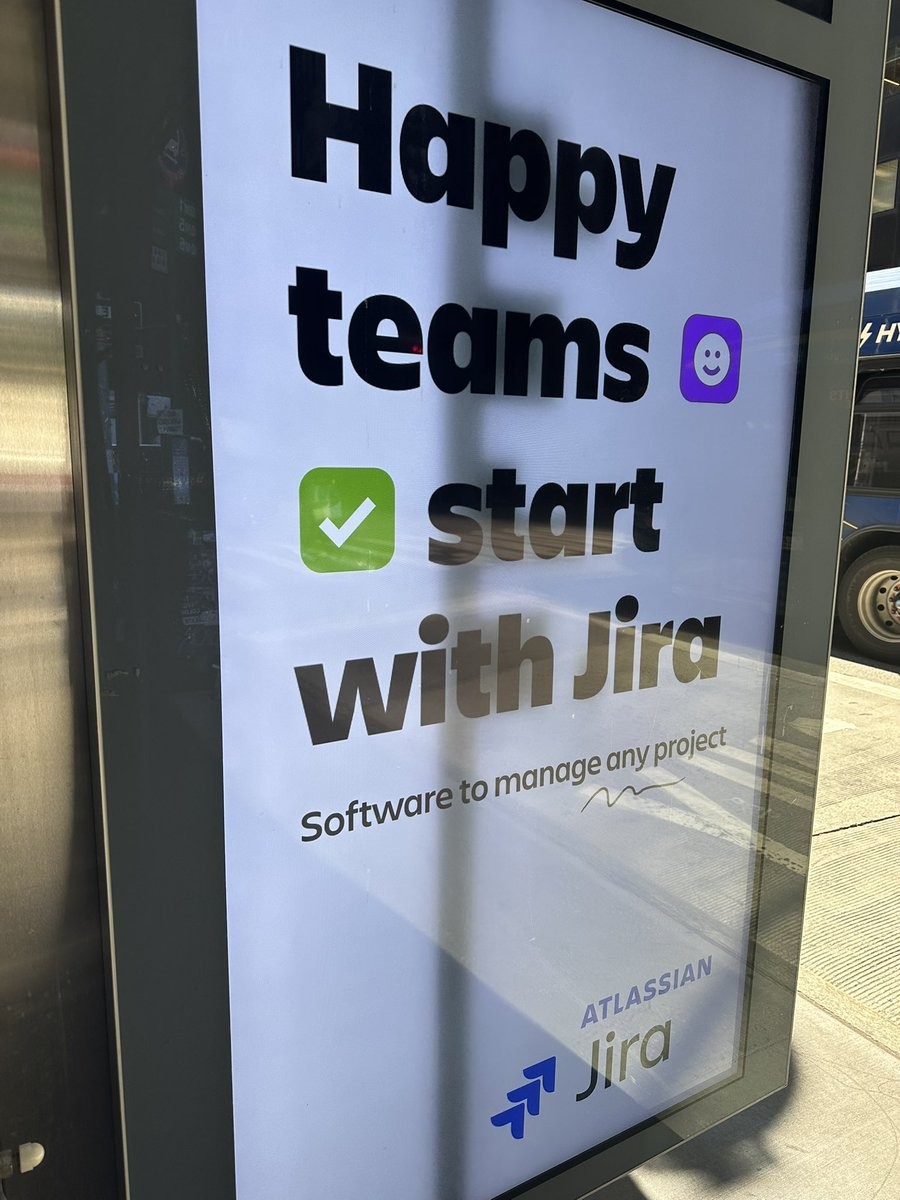Great suggestions! One nitpick:
But in principle I find this quite workable, as you get to write your CI code in Rust.
Having used xtask in the past, I’d say this is a downside. CI code is tedious enough to debug as it is, and slowing down the cycle by adding Rust compilation into the mix was a horrible experience. To add, CI is a unique environment where Rust’s focus on correctness isn’t very valuable, since it’s an isolated, project-specific environment anyway.
I’d rather use Deno or indeed just for that.


I'm sorry, but this has been repeatedly refuted:
And yes, they are telling their engineers to use a different programming language. In fact, even the NSA is saying exactly that: https://www.nsa.gov/Press-Room/News-Highlights/Article/Article/3215760/nsa-releases-guidance-on-how-to-protect-against-software-memory-safety-issues/
This seems like an extremely short-sighted red herring. C has so many gaps in its specification, because it has no problem defining things as "undefined behavior" or "implementation defined", that the standard is essentially useless for kernel-level programming. The Linux kernel is written in C and used to only build with GCC. Now it builds with GCC and LLVM, and it relies on many non-standard compiler extensions for each. The effort to add support for LLVM took them 10 years. That's 10 years for a migration from C to C. Ask yourself: how is that possible if the language is so well standardized?